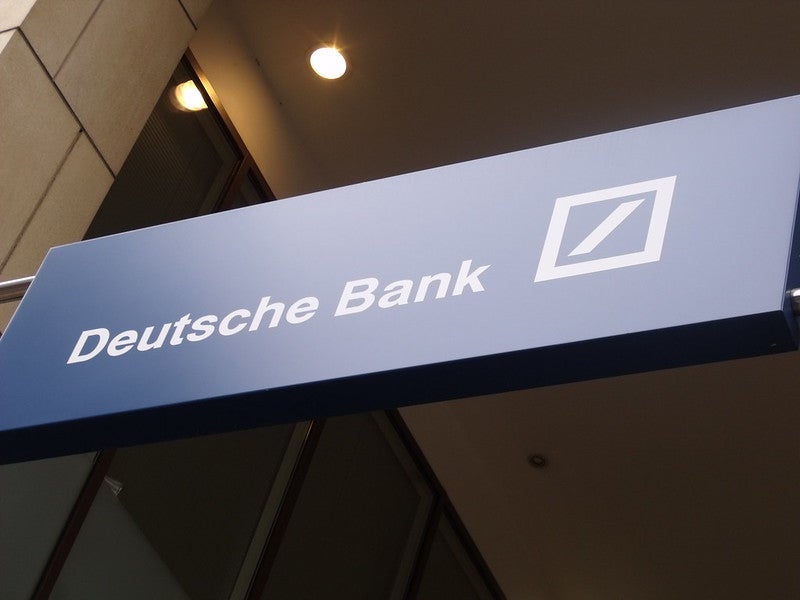The Danish government has decided to buy data from the Panama Papers leak to clamp down on tax evasion by wealthy individuals.
The Danish taxation minister Karsten Lauritzen in a statement confirmed that an anonymous offer to sell data involving up to 600 Danish citizens was made to the tax authorities over the summer.
“For many years Denmark has been in the forefront internationally when fighting tax evasion. We owe it to all Danish taxpayers who faithfully pay their taxes.
“We have to take the necessary measures to catch tax evaders hiding their fortunes in places like Panama, in order to avoid tax payments in Denmark. That’s why we agreed it was wise to buy this material,” he said in the statement.
The country’s tax authorities now plan to investigate whether 500-600 Danes who feature in the offshore archive may have evaded tax.
The Panama Papers, leaked earlier this year, exposed the hidden offshore dealings of the world's affluent. The data leak resulted from over 11 million files being leaked from the Panama-based offshore law firm Mossack Fonseca and revealed many illustrious names.
How well do you really know your competitors?
Access the most comprehensive Company Profiles on the market, powered by GlobalData. Save hours of research. Gain competitive edge.

Thank you!
Your download email will arrive shortly
Not ready to buy yet? Download a free sample
We are confident about the unique quality of our Company Profiles. However, we want you to make the most beneficial decision for your business, so we offer a free sample that you can download by submitting the below form
By GlobalDataThe papers were obtained by the German newspaper Süddeutsche Zeitung from an anonymous source and shared with various leading media organisations by the International Consortium of Investigative Journalists (ICIJ).







